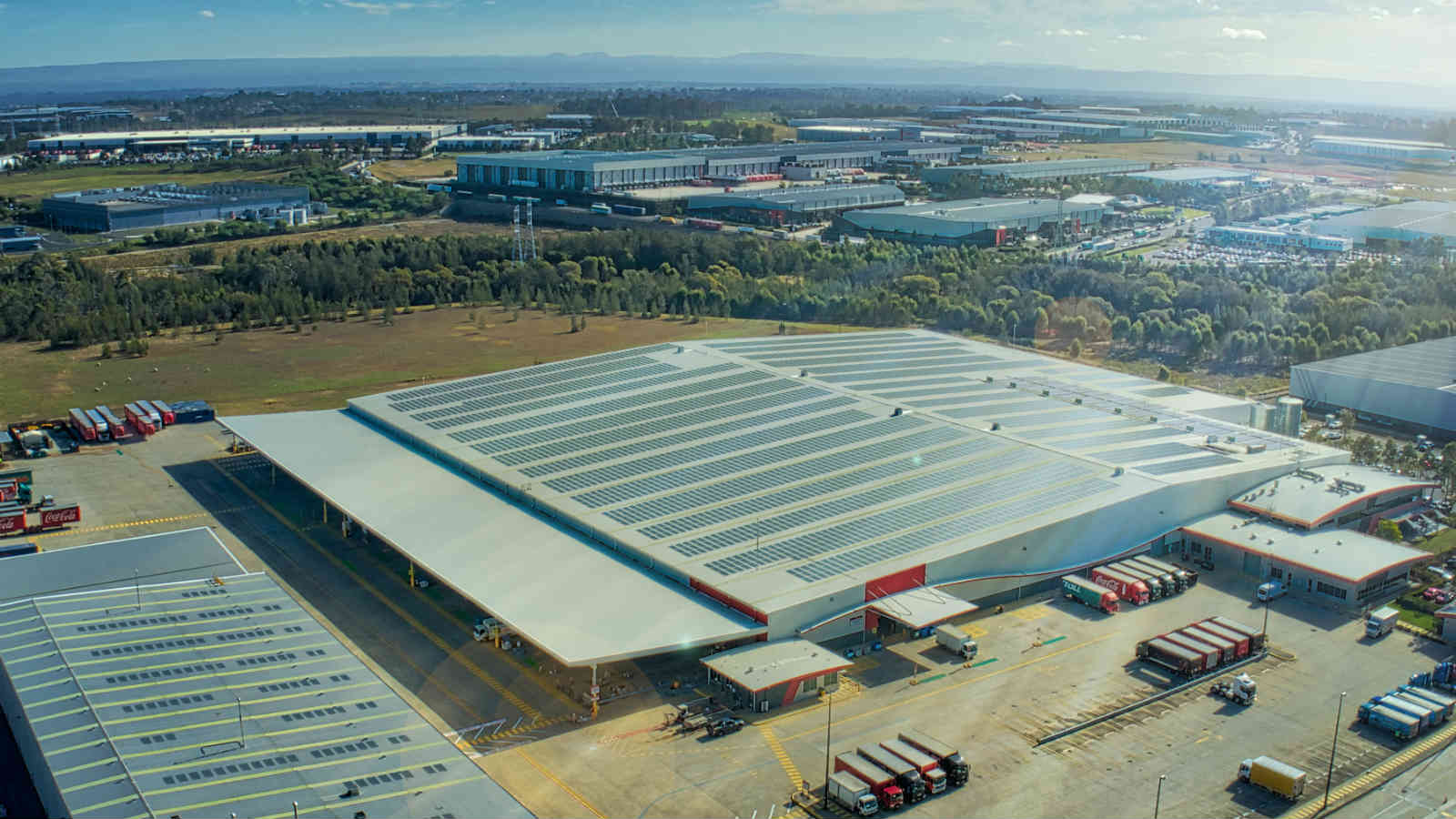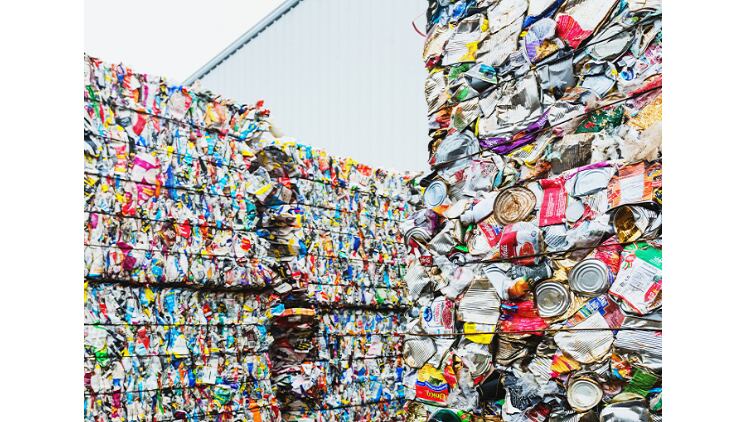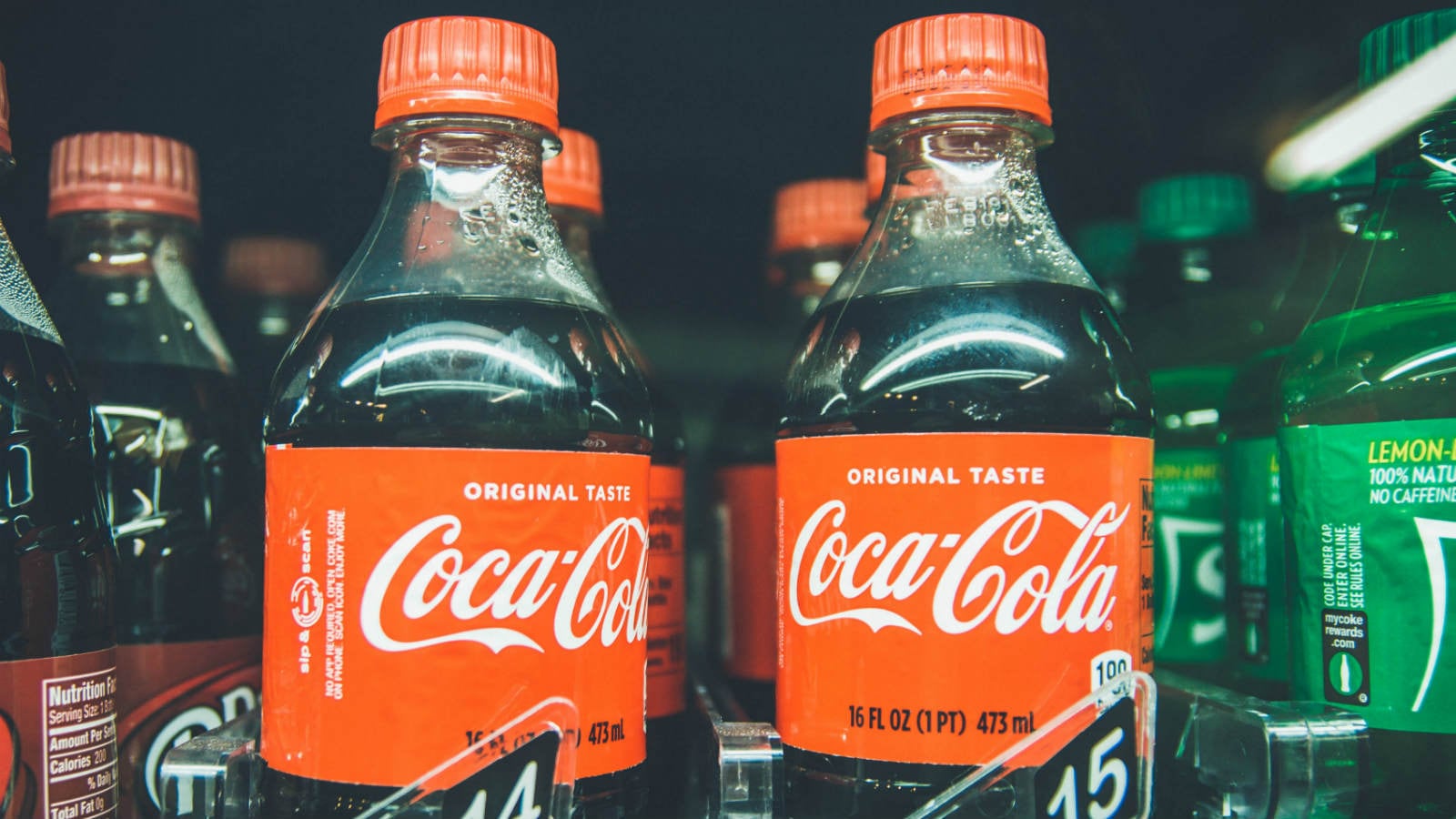According to the company’s recently-released 2018 Sustainability Report, it has invested in a programme that will see 10,000 rooftop solar panels installed across its Australian Beverages manufacturing sites including Eastern Creek, Richlands and Kewdale.
“Bottling is energy-intensive, so our shift to low-carbon and renewables is a significant change,” said Coca-Cola Amatil Group Managing Director Alison Watkins.
“We’re keen to support sustainability but renewables also have to make commercial sense. [That’s] why we’re pleased that the bulk of our low-carbon and renewable energy was sourced at a market competitive price versus traditional power.”
Estimations by the company are that by the end of this year, it will draw some 14% less energy from the local electricity grids, replaced by solar energy, which is in turn expected to save it A$1.3mn (US$900,562) in electricity costs and reduce greenhouse gas emissions by 4,163 tonnes yearly.
In addition to solar power, wind power and natural gas have also been major areas of focus for Coca-Cola Amatil.
“[We have] entered into a long-term power purchase agreement with Victoria’s Murra Warra Wind Farm near Horsham [through which] we and other consortium members secure long-term supply and price security at competitive rates,” added Watkins.
Report numbers indicated that the total renewable or low-carbon energy use by the company in 2018 had hit 56.3%, and further use of solar is expected to help it hit its 60% target well in time for 2020.
In addition to renewable energy, other Coca-Cola Amatil projects to reduce energy use included a review of coffee grinding processes to optimise quality and consistency, as well as a modification of its coolers in Indonesia in terms of doors, lights and fans leading to 46% less energy consumption and 51% less running power use.
Watkins added that the company was ‘open to other technologies’ as well.
Coca-Cola Australia and Amatil also launched a joint initiative earlier this year to have the plastic in 70% of all Coca-Cola bottles made in Australia made of recycled plastic by the end of 2019.
This scheme will include all bottles at or below 600ml across all Coca-Cola brands, including Coca-Cola, Sprite, Fanta and Mount Franklin, in addition to 750ml bottles from Pump, the company’s local water brand.
Coca-Cola Australia President Vamsi Mohan Thati previously described this as a ‘big commitment to recycled plastic’.
Health and wellbeing
The 2018 Sustainability Report also included a dedicated section on Wellbeing, which particularly focused on sugar reduction and reformulation efforts by Coca-Cola Amatil.
Major milestones highlighted included a 5.7% sugar reduction in Australia for its non-alcoholic beverage portfolio (grams per 100ml), a 3.2% reduction of the same in New Zealand, and the offering of small packs in 95% and 100% of grocery stores in Australia and New Zealand respectively.
“Since 2015 and together with The Coca-Cola Company, we have reduced sugar and kilojoules through launching reformulations of 25 non-alcoholic beverage products in Australia,” said Amatil.
Additionally, Coca-Cola Stevia No Sugar was launched last year in New Zealand, hailed as the first Coca-Cola beverage ‘sweetened only from the stevia plant’ and the product of ‘over 10 years of continuous innovation with stevia’.
Together with Coca-Cola South Pacific and Coca-Cola Oceania respectively in Australia and New Zealand, Coca-Cola Amatil has also committed to an industry-wide sugar reduction pledge to reduce sugar grams per 100ml across all sales of our non-alcoholic beverages by 20 per cent by 2025
Also of note was the company’s decision to use 100% sustainable sugar in all its Australian operations, as announced earlier this year.





